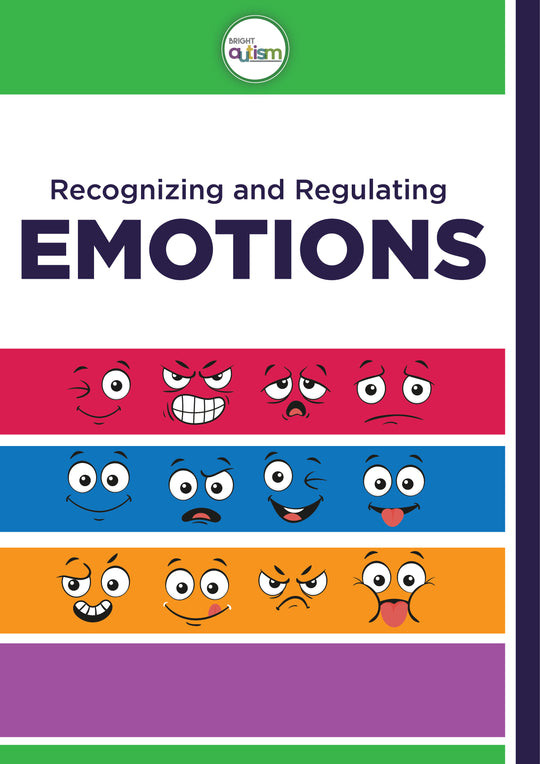
Music therapy is a symphony of emotional support, a melody that resonates with the innermost feelings of autistic children. The power of music transcends the barriers of traditional communication, reaching a place where words often fail. For children on the autism spectrum, emotional regulation can be a daily challenge, but through the harmonious embrace of music therapy, a new realm of emotional expression and understanding unfolds.
Research, including a study by the University of California, underscores the calming effect of music on the mind and body. It's not just an anecdote; music therapy has been found to help individuals with autism to regulate their emotions and reduce anxiety levels. This therapeutic approach harnesses music's inherent structure and rhythm to create a sense of predictability and safety, which can be particularly comforting for autistic children.
Consider the social and communication skills that music therapy can bolster. A publication from the National Center for Biotechnology Information (NCBI) details how music therapy positively impacts these areas for children and adolescents with Autism Spectrum Disorder (ASD). By engaging in music-making, children with ASD can experience a safe and controlled stimulus for social interaction, fostering their ability to connect with others.
Emotional regulation is a cornerstone of music therapy's benefits. Harmony Music Therapy, an organization dedicated to this practice, highlights how music therapy can offer tools for emotional expression and coping. Through the creation and sharing of music, children with ASD can learn to navigate their feelings more effectively, developing a skill set that benefits their social interactions and overall well-being.
Furthermore, music therapy interventions have been shown to improve social relationships for individuals with ASD. Listening to music and participating in musical activities can offer a non-verbal avenue for connection, which can be less intimidating than verbal communication for some autistic children.
It's important to note the individuality of each child's response to music therapy. While many may find solace and expression through music, each child's preferences and needs should guide the therapeutic process. A tailored approach ensures that the therapeutic benefits of music are maximized for each child's unique emotional landscape.

Discover strategies for recognizing and regulating emotions with this insightful resource.
Music therapy also extends its harmonious hand to the realm of cognitive development. It can enhance learning, attention, and memory skills, which are often areas of focus for children with ASD. The repetitive and structured nature of music can help reinforce these cognitive processes in a fun and engaging way.
When it comes to implementing music therapy, it's not a one-size-fits-all approach. Therapists often use a variety of music-assisted techniques tailored to the child's needs. These can include guided listening, improvisational playing, and songwriting, all of which can promote creative self-expression and emotional growth.
At the heart of music therapy is the recognition of music as a universal language. For autistic children, who may struggle with conventional forms of expression, music offers a voice. It allows them to convey their feelings in a way that can be more accessible and less daunting than verbal communication.
The emotional landscape of autism is complex, but music therapy provides a map to navigate this terrain. By engaging in music therapy, autistic children can explore their emotions in a supportive environment, learning to express and regulate their feelings in harmonious ways that resonate with them personally.
For more insights and resources on supporting autistic children, visit Bright Autism's blog or explore their comprehensive collection of tools and materials at Bright Autism.
As we tune into the needs of autistic children, we must amplify the role that music therapy can play in their lives. It's a tool that can harmonize the emotional experiences of these children, providing them with the skills to face the world with confidence and grace. The melody of music therapy is one that can sing to the heart of every child, guiding them towards a more emotionally balanced and fulfilling life.










Leave a comment